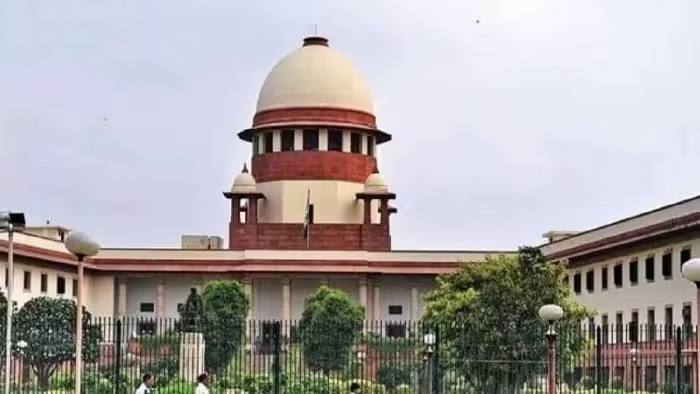
New Delhi: The Supreme Court on Wednesday termed as highly objectionable the High Court's remarks relating to a widow and make-up material, saying it was not in consonance with the sensitivity and neutrality expected of a court. The court was hearing a batch of appeals against the Patna High Court verdict in a murder case.
The High Court upheld the conviction of five persons and reversed the trial court's decision to acquit two co-accused, sentencing them to life imprisonment.
The bench said this
A bench of Justices Bela M Trivedi and Satish Chandra Sharma said the High Court had examined the question as to whether the deceased was actually living in the house from where she was alleged to have been kidnapped. Relying on the testimony of the deceased's maternal uncle and brother-in-law as well as the investigating officer, the court had come to the conclusion that she was living in the same house.
During the search of the house, no direct material was found except some makeup related items to show that she was actually living there. A widow also lived in the same part of the house. The bench said that the court did take note of the fact about the widow but got rid of it by saying that since the other woman was a widow, the makeup items could not be hers because being a widow, she had no need for makeup.
High Court's comment is unacceptable
The bench said that in our opinion the High Court's comment is not only legally untenable but also highly objectionable. Such a broad comment is not in keeping with the sensitivity and neutrality expected from the court. The mere presence of some makeup material cannot be conclusive evidence that the deceased was living in the house, that too when another woman was living there.
The bench said the make-up material was linked with the deceased on the basis of a totally unacceptable logic and without any corroborating material. No personal belongings like clothes and shoes were found from the entire house.
After his death in August 1985 in Munger district, his brother-in-law filed a report that seven people had kidnapped him from his house. After lodging an FIR, a chargesheet was filed against the seven accused.
The trial court convicted five and acquitted the other two. There is no direct evidence on record to prove murder.
The Supreme Court acquitted all seven accused of all charges
The bench further said that so far as the motive is concerned, it would suffice to say that the motive is important only when the evidence on record is sufficient to prove the crimes. Without evidence related to fundamental facts, the prosecution process cannot succeed on the basis of the mere existence of motive. With these observations, the Supreme Court acquitted all the seven accused of all charges and directed that if they are in custody, they be released immediately.
Read More: Union Cabinet resolves: 'Seva Teerth' will be a centre of empowerment, not a display of power
--Advertisement--

 Priya
Priya Share
Share



